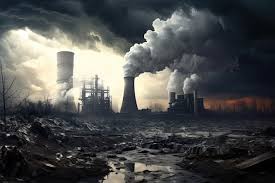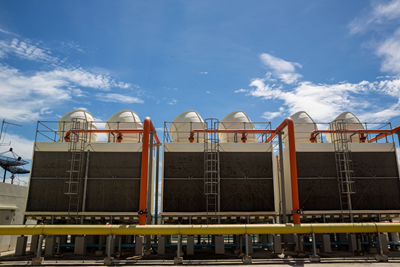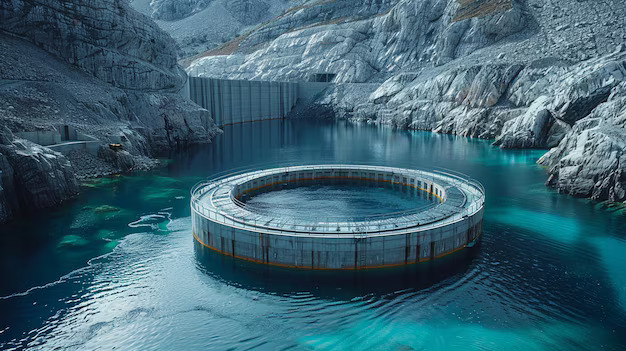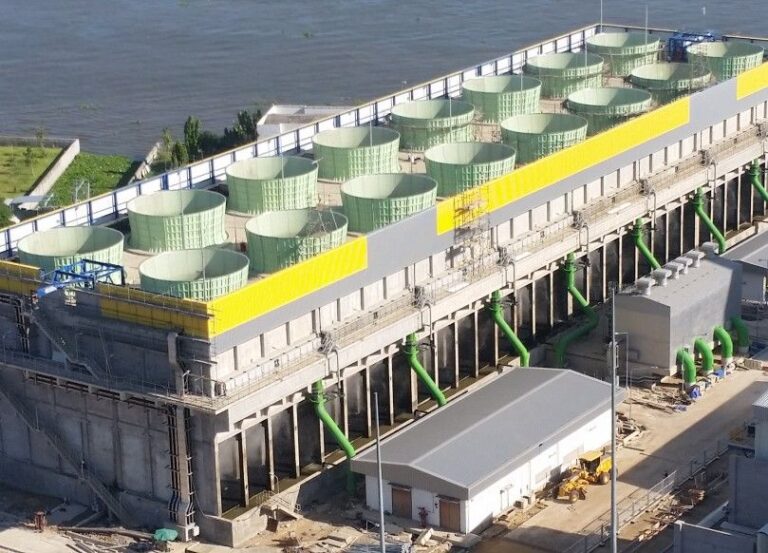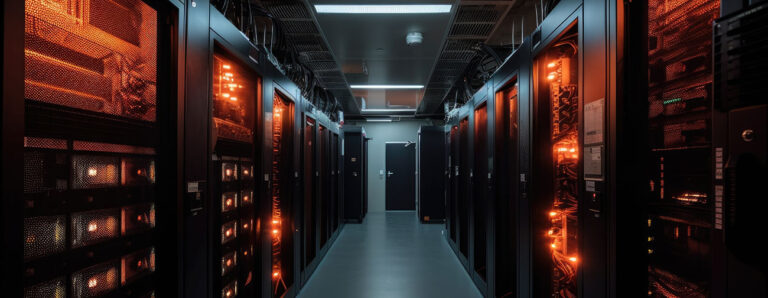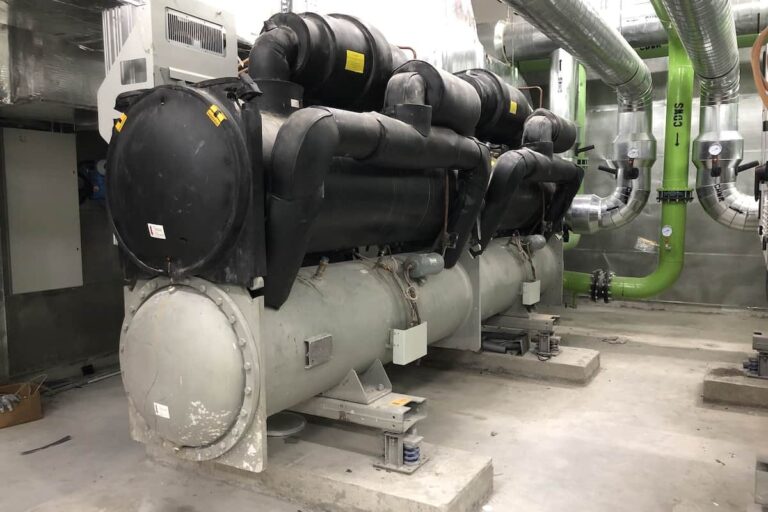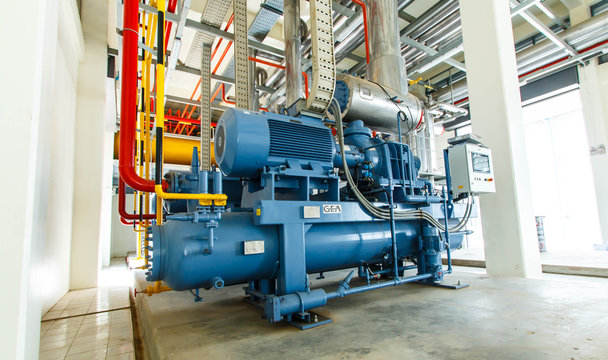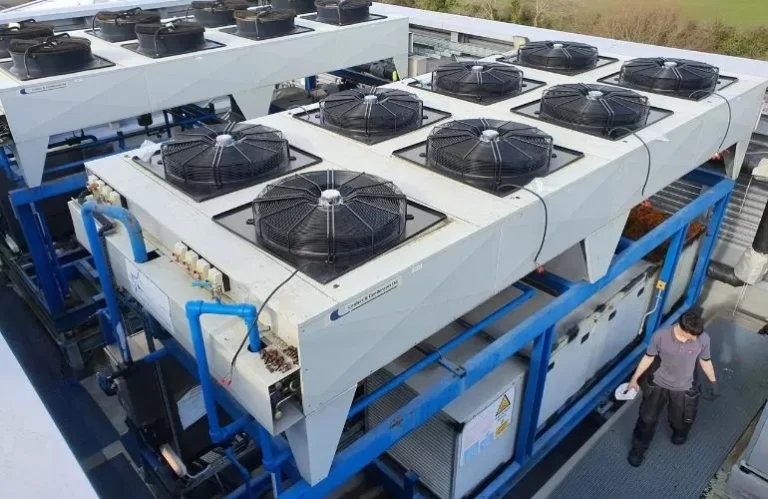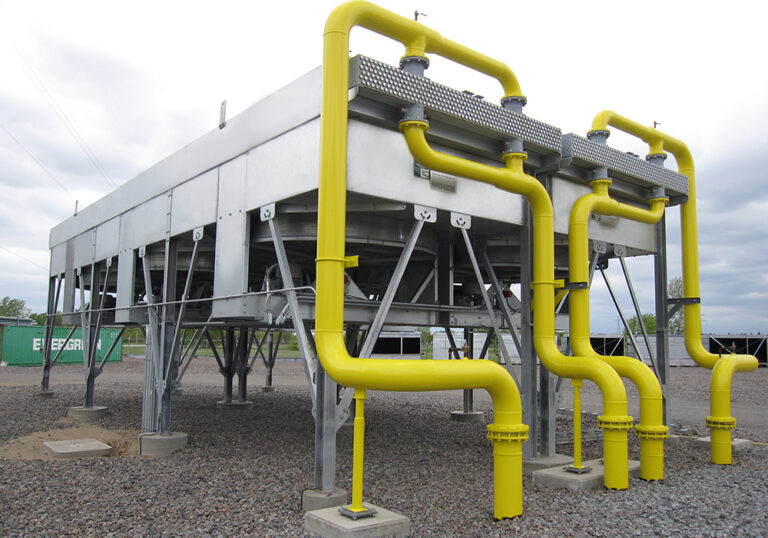Introduction Global warming on Cooling Tower is increasingly affecting industries that rely on cooling towers to manage heat exchange processes. As temperatures rise and climate patterns shift, cooling towers are facing operational challenges…
Decentralized Cooling Systems
Introduction Decentralized cooling systems, particularly micro cooling towers, are emerging as innovative solutions to address the complex challenges faced by industries in managing their cooling needs. Traditional centralized cooling systems often involve significant…
Waste Heat Utilization Towers
Introduction Waste Heat Utilization Towers refers to the process of capturing and repurposing excess thermal energy generated by cooling systems, particularly in industrial settings. Cooling towers are essential components in various industries, designed…
Aquifer Thermal Energy Storage
Introduction Aquifer Thermal Energy Storage (ATES) is an innovative and sustainable approach to cooling systems, utilizing the natural heat-storing capacity of groundwater aquifers. By leveraging underground water layers as a medium for storing…
Cooling Tower Plume Abatement
Introduction Cooling tower plume abatement refers to the strategies and technologies used to reduce or eliminate the visible vapor plume emitted from cooling towers. This vapor, which is essentially condensed water, forms when…
AI-Powered Cooling Systems: The Future of Industrial Cooling
Introduction AI-powered cooling systems are revolutionizing the industrial cooling landscape by harnessing advanced algorithms, data analytics, and machine learning to optimize performance and enhance energy efficiency. These intelligent systems integrate real-time data from…
Chiller Energy Audits
Introduction Chiller energy audits are essential evaluations aimed at assessing the performance and energy consumption of chiller systems used in industrial and commercial settings. These audits are pivotal in identifying inefficiencies, enhancing operational…
Chiller Compressor
Introduction Chiller Compressor is the heart of any chiller system, responsible for compressing the refrigerant and enabling efficient heat exchange to provide the desired cooling effect. The type of compressor chosen can significantly…
Hydraulic Oil Chillers: Selection Guide for Heavy Machinery
Introduction Hydraulic oil chillers are crucial components in industrial machinery, especially in sectors like construction, mining, and manufacturing, where equipment operates under intense conditions for prolonged periods. Hydraulic systems generate significant heat during…
Waterless Cooling Solutions: The Next Big Thing in Industrial Cooling?
Introduction Waterless cooling solutions are revolutionizing the industrial cooling landscape by offering an alternative to traditional water-dependent systems. These innovative technologies, such as air-cooled heat exchangers and radiative cooling systems, eliminate the need…

